During long lunch on October 1st, 2024, the Stockdale Community Center and Liu Cheung Theater were filled with Webbies eager to hear from a legendary voice in environmentalism. Webb students had the opportunity to connect with English primatologist and anthropologist Jane Goodall during the health and living assembly via Zoom, where she discussed her discoveries, providing an overview of all her work and activism.
Months of careful planning went into preparation for Dr. Goodall’s speech. The preparation began to build from the moment the possibility of hosting Dr. Goodall was confirmed.
“I got an email in May that this was a possibility. I said I would be overjoyed because Jane Goodall was my hero, and I was happy for her to come in any way” said Nika Haleftiras, Science Department faculty at Webb who played a crucial role in setting up the event, ensuring everything was carefully organized.
During her speech, Dr. Goodall shared her experiences and emphasized the importance of thinking outside of the box, explaining how she approached her research with a fresh perspective, challenging conventional scientific practices. Instead of relying solely on observation from a distance, she immersed herself in the natural habitat of the chimpanzees.
“Anytime we have a speaker, you want them to provide some kind of insight,” said Ms. Haleftiras. “Having Dr. Goodall share her experiences and how it’s not traditional science was impactful because we were able to find that apes used tools, which she found out during her months of studying them.” Ms. Haleftiras admired how Dr. Goodall’s work paved the way for rethinking scientific methodologies, reminding students that curiosity and unconventional thinking can lead to incredible breakthroughs.
Dr. Jane Goodall explained that she had dreamed of going to Africa since she was just 10 years old after reading Tarzan of the Apes. Her passion for adventure drove her to work hard and save money for her trip. Eventually, she found Dr. Leakey, who needed an assistant to study chimpanzees. Although it took time for the chimpanzees to grow accustomed to her presence, Dr. Goodall eventually witnessed the historic moment when they used tools.
She recalled her frustration with scientists who denied that animals could feel emotions.
“My dog Rusty showed me that it is in plain sight that animals can have feelings and emotions just like humans,” said Dr. Goodall.
After earning her Ph.D., she focused on chimpanzees and soon learned of the dangers they faced, such as deforestation and experimentation. She also monitored the dangers they had sprung on each other.
“I initially thought they were like us but kinder. Then I discovered their brutal side—fighting and even instances of females killing other females.” This changed my perception, as they were even more like humans than I thought,” said Dr. Goodall.
With National Geographic’s support, Dr. Goodall visited study sites and found that local communities rely on cutting down trees to survive.
She eventually founded the Jane Goodall Institute, providing resources like food, water, and education to support sustainable living without harming the environment. Over time, her research opened the door for studying animal intelligence beyond chimpanzees, revealing that many species, including pigs and rats, are more intelligent than previously thought. Now, she spreads awareness by speaking to the public.
Ultimately, Jane Goodall advised Webb students that small lifestyle changes can contribute to larger impact.
“Young people all around the world are making conscious decisions to help and change the world,” Dr. Goodall noted, emphasizing its connection to Webb and the potential for students to make a difference.
Dr. Goodall also discussed her environmental program, Roots and Shoots, which encourages people of all ages, even as young as preschoolers to take action in their communities.
“Every single one of us makes some impact every single day,” said Jane Goodall. “Think about the future and the impact of your choices. People around the world are making conscious decisions to improve the planet. Together, we can slow climate change, protect biodiversity, and find new ways to live in harmony with nature.”
The talk ended with an opportunity for Webb students to ask Jane Goodall questions directly through an open Q&A. Even after the call ended, Webbies were inspired by the talk with Jane Goodall.
“Webb is an eco-diverse place behind all the campus buildings,” said Victor Zhang (’27), the leader of the Webb Naturalist Club. He has been working to create meaningful environmental projects that benefit both the campus and its surrounding ecosystem.
“Our club often plants native California plants, and we’re involved in community service. We’re also looking to partner with the Evolutionary Biology teachers on a future project,” says Victor. His goal is to help students “understand the emphasis of nature” and realize that even small actions, like planting native plants, can make a difference.
This commitment to fostering awareness and encouraging action aligns perfectly with the inspiring words of Dr. Goodall, who emphasized the importance of individual choices in making a positive impact on the environment.
Jane Goodall’s virtual visit to Webb served as a reminder of the impact one can have on the world. Taking this opportunity of speaking to a well-known figure in environmental science, students can reflect on her message of hope and responsibility, learning more about climate change and solutions.


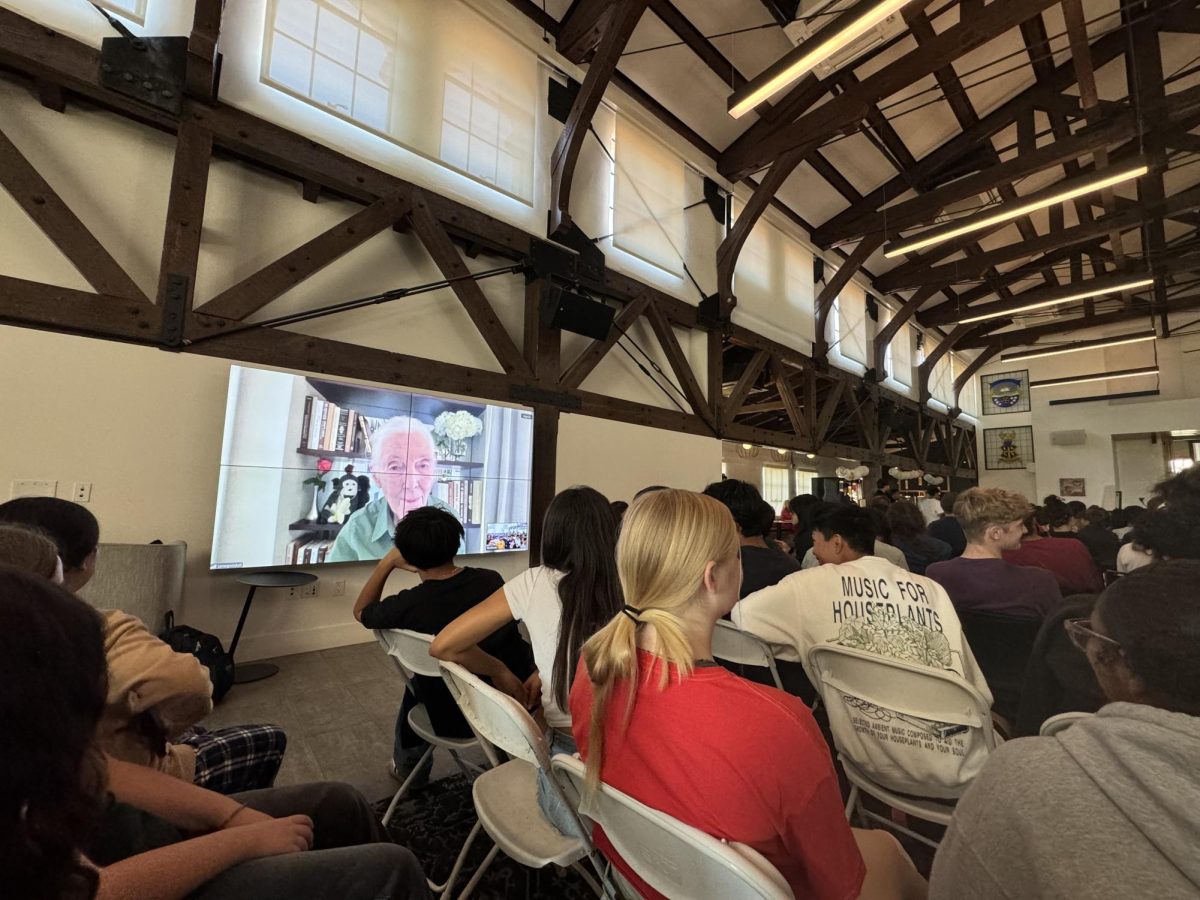

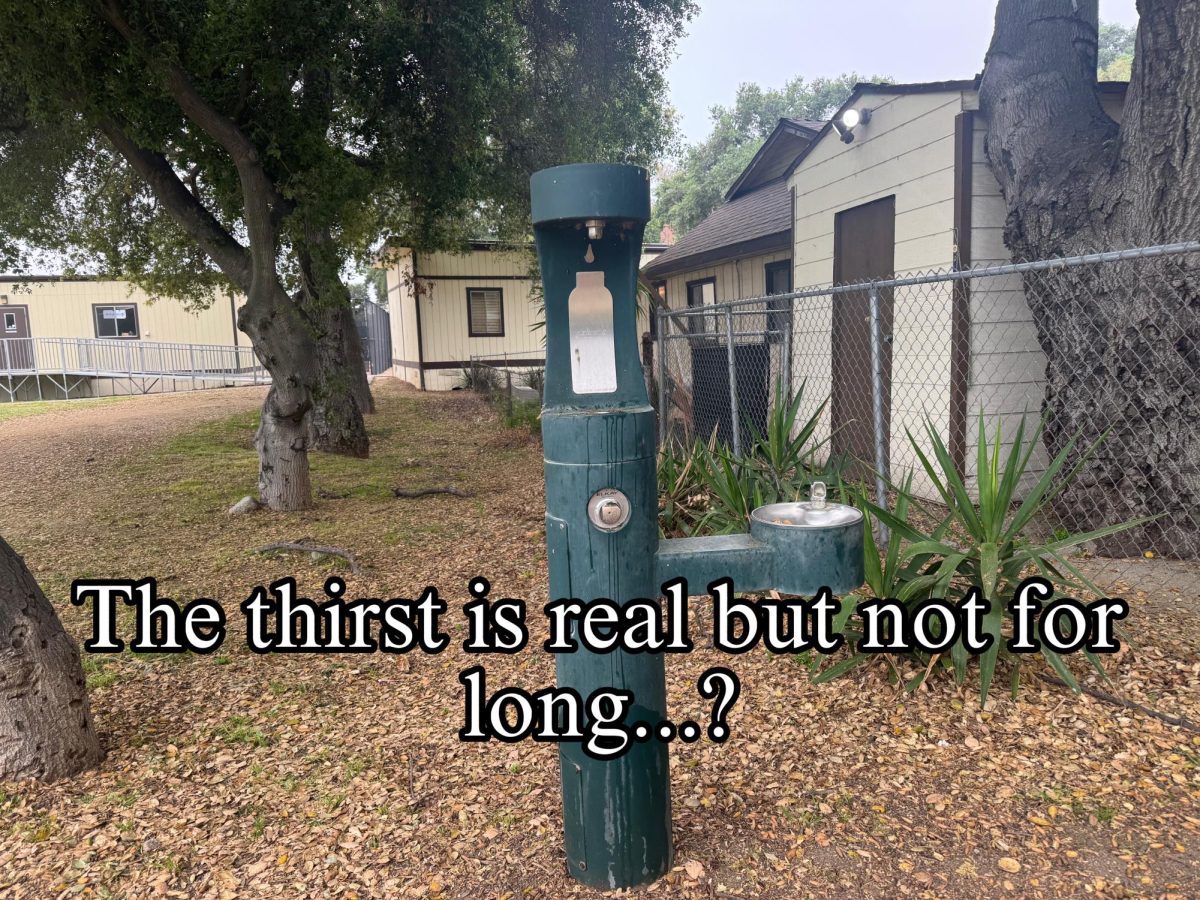
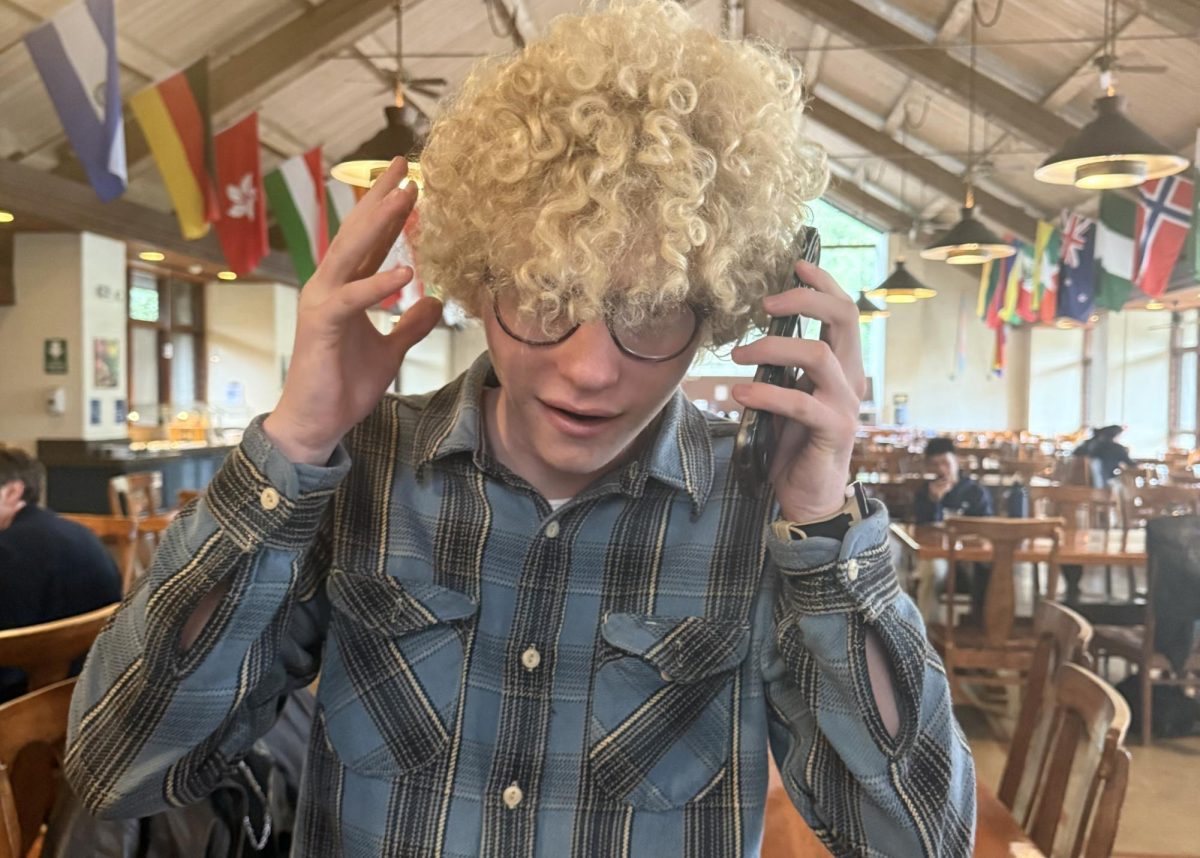
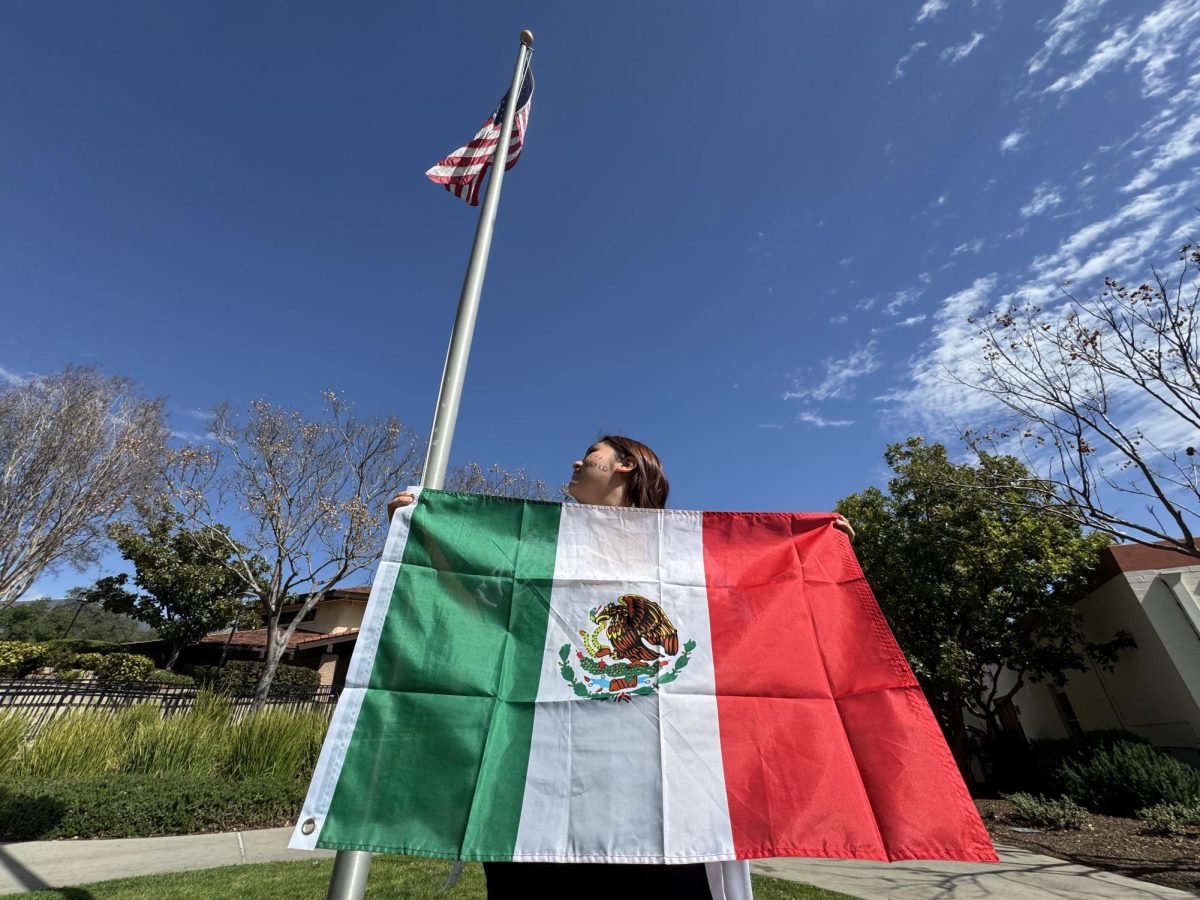
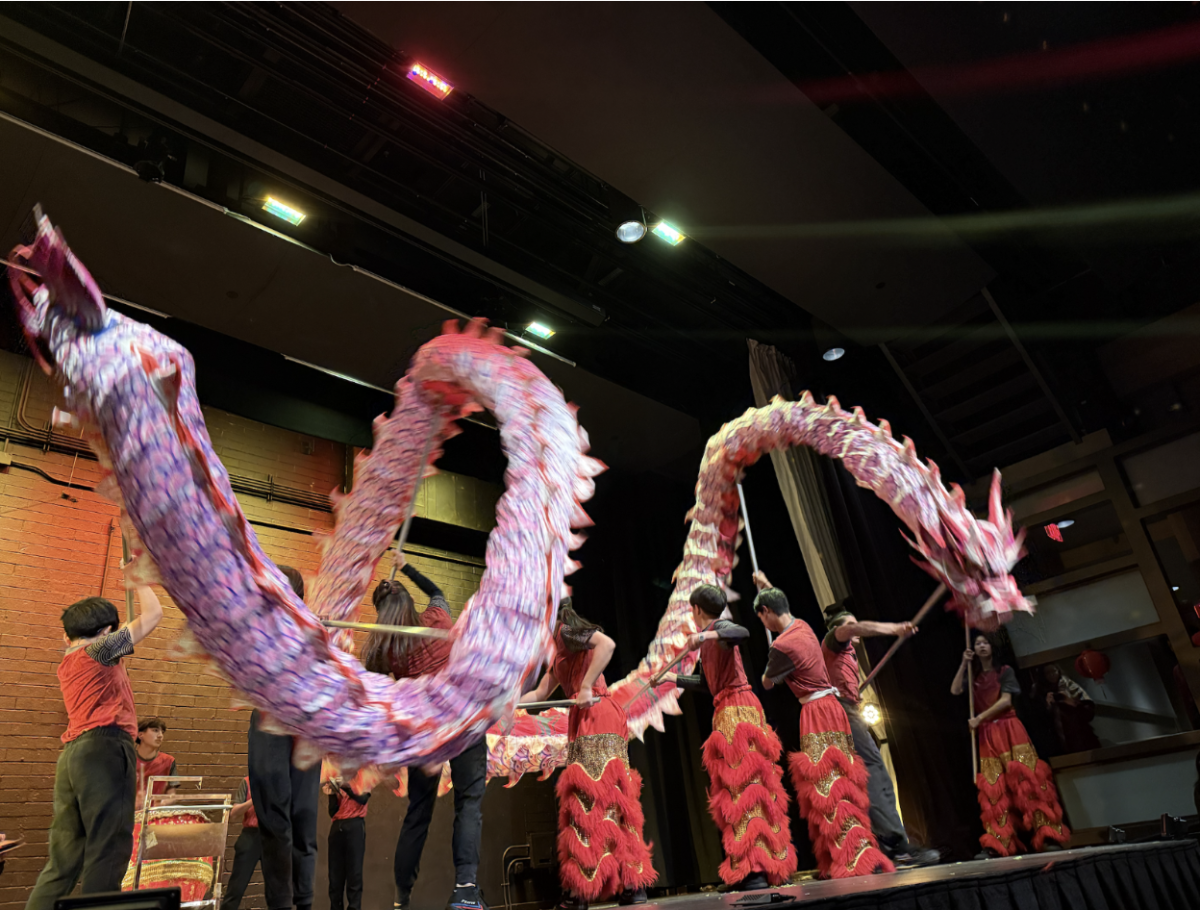
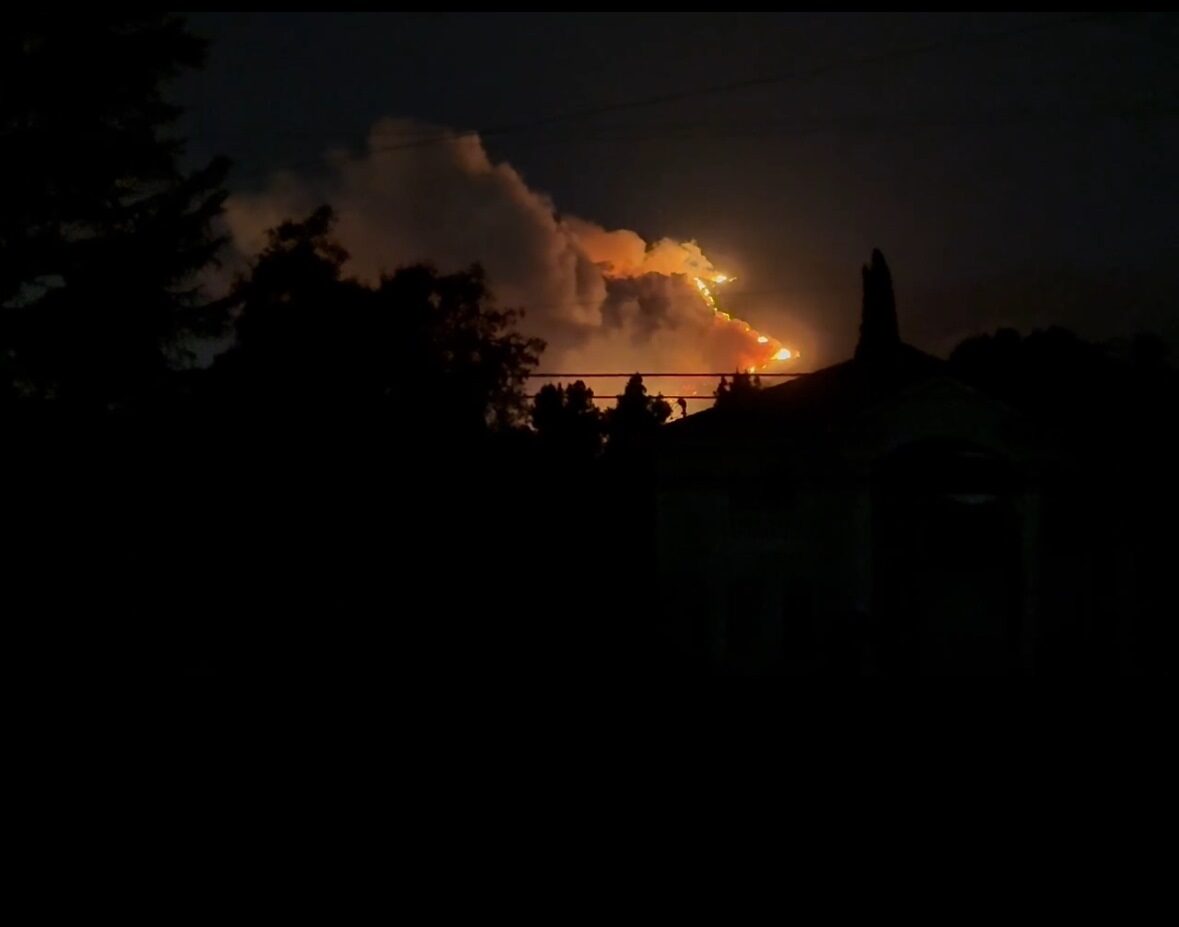
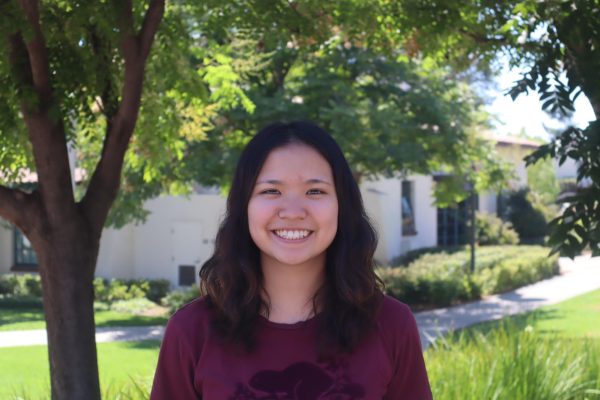
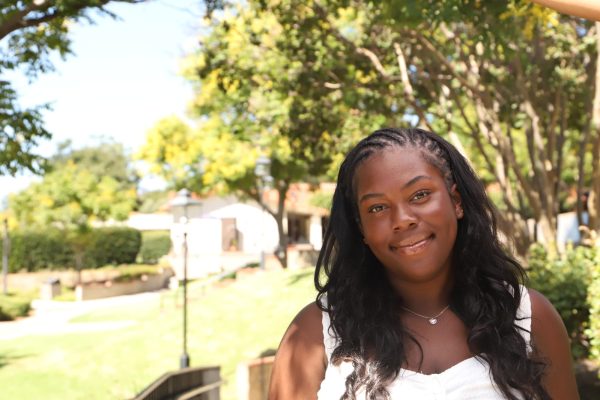
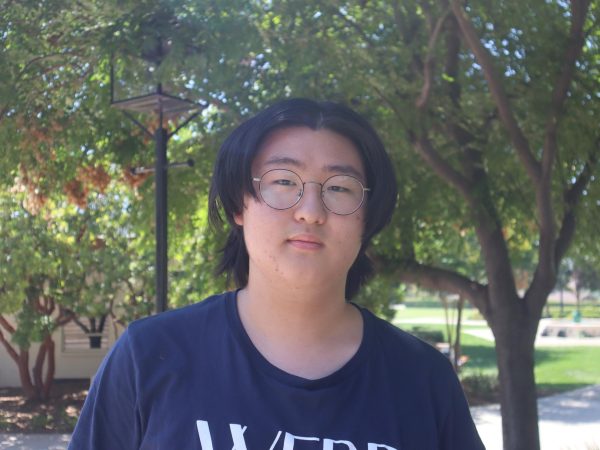
Ike Mgbeke | Oct 29, 2024 at 9:57 PM
Nice piece. Well written. Succinctly tells the story of Dr. Goddal’s speech to anyone that missed it.